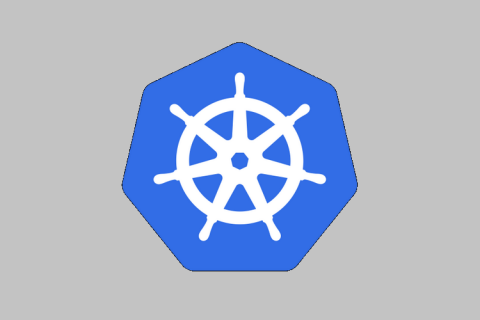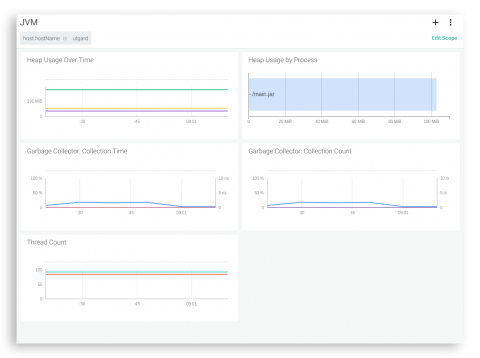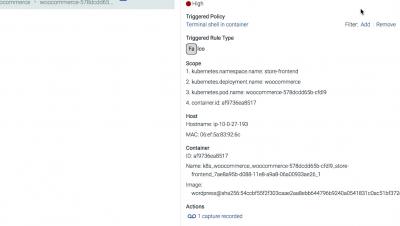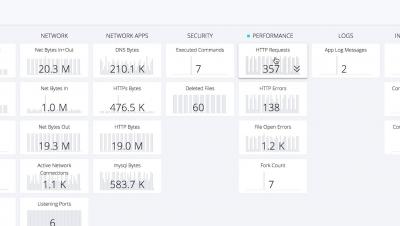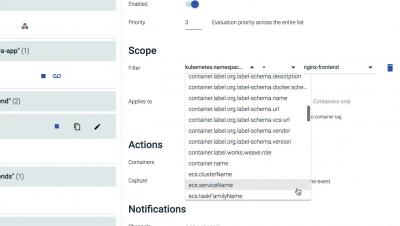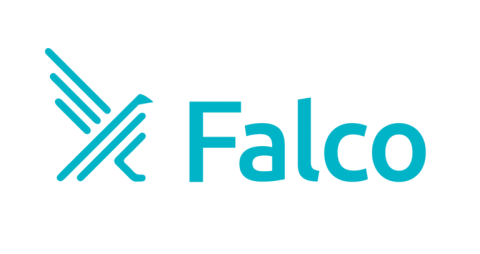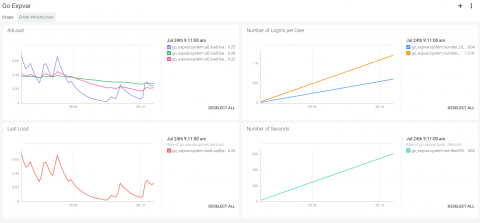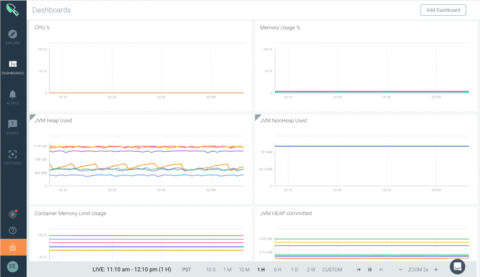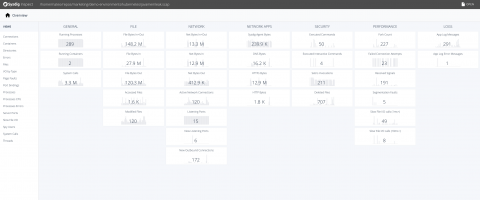What's new in Kubernetes 1.13?
Looking forward to the new Kubernetes 1.13 features? At Sysdig we follow Kubernetes development closely and here we bring you a brief intro to what’s new and features that you will find in the next version of Kubernetes. Kubernetes 1.13 will be out on December 03 2018, so here we go: What’s new in Kubernetes 1.13?


